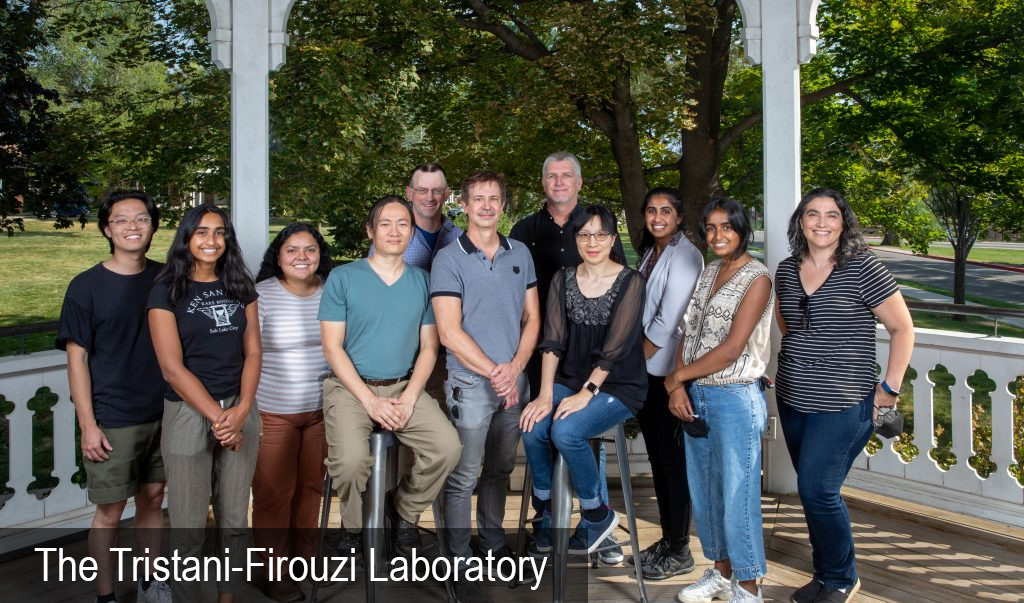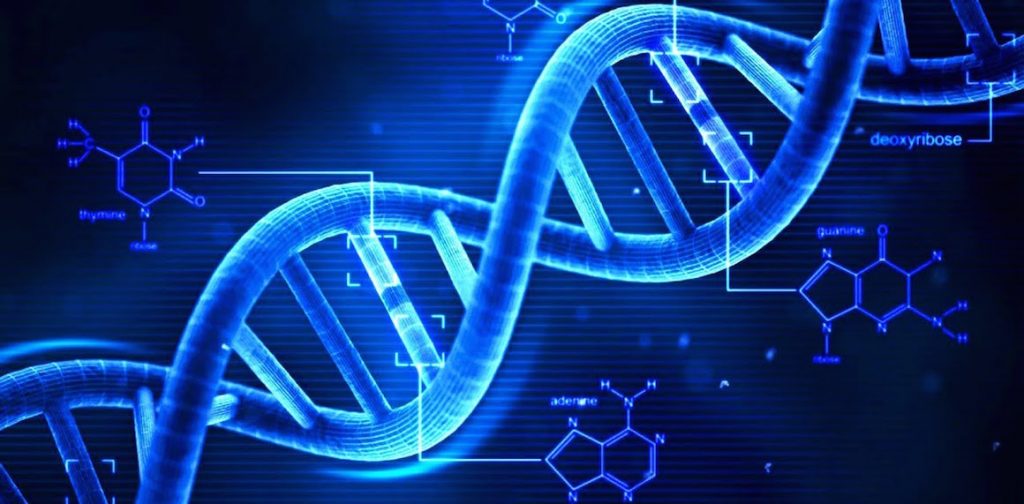The Tristani-Firouzi Laboratory

The Tristani-Firouzi Laboratory is dedicated to the study of ion channel biophysics and Precision Cardiovascular Medicine, using a multi-disciplinary approach coupled with cutting-edge research techniques. Dr. Tristani-Firouzi is a board-certified pediatric cardiologist and clinician-scientist with nearly 20 years of continuous federal and foundational funding focusing on the genomic basis of inherited arrhythmia syndromes and congenital heart disease (CHD); the functional characterization of putative CHD and arrhythmia disease-causing genetic variants; the mechanisms controlling heart development and cardiac excitability; and fundamental properties of voltage-sensitive cardiac proteins.

Featured Publications
Genomic analyses implicate noncoding de novo variants in congenital heart disease | A genetic etiology is identified for one-third of patients with congenital heart disease (CHD), with 8% of cases attributable to coding de novo variants (DNVs). To assess the contribution of noncoding DNVs to CHD, we compared genome sequences from 749 CHD probands and their parents with those from 1,611 unaffected trios. | Richter F, Morton SU, Kim SW, Kitaygorodsky A, Wasson LK, Chen KM, Zhou J, Qi H, Patel N, DePalma SR, Parfenov M, Homsy J, Gorham JM, Manheimer KB, Velinder M, Farrell A, Marth G, Schadt EE, Kaltman JR, Newburger JW, Giardini A, Goldmuntz E, Brueckner M, Kim R, Porter GA Jr, Bernstein D, Chung WK, Srivastava D, Tristani-Firouzi M, Troyanskaya OG, Dickel DE, Shen Y, Seidman JG, Seidman CE, Gelb BD. Genomic analyses implicate noncoding de novo variants in congenital heart disease. | |
Genepanel.iobio – an easy to use web tool for generating disease- and phenotype-associated gene lists | We expect genepanel.iobio will improve the ease and diagnostic value of generating gene:disease association lists for genetic test ordering and whole genome or exome sequencing variant prioritization. | Ekawade A, Velinder M, Ward A, DiSera T, Miller C, Qiao Y, Marth G. Genepanel.iobio – an easy to use web tool for generating disease- and phenotype-associated gene lists. BMC Med Genomics. 2019 Dec 11;12(1):190. doi: 10.1186/s12920-019-0641-1. PubMed PMID: 31829207; PubMed Central PMCID: PMC6907284. | |
The voltage-sensitive cardiac M 2 muscarinic receptor modulates the inward rectification of the G protein-coupled, ACh-gated K + current | we investigated the relative contribution of two distinct mechanisms of IKACh inward rectification measured in atrial myocytes: a rapid component due to KACh channel block by intracellular Mg2+ and polyamines; and a time- and concentration-dependent mechanism. | Salazar-Fajardo PD, Aréchiga-Figueroa IA, López-Serrano AL, Rodriguez-Elias JC, Alamilla J, Sánchez-Chapula JA, Tristani-Firouzi M, Navarro-Polanco RA, Moreno-Galindo EG. The voltage-sensitive cardiac M2 muscarinic receptor modulates the inward rectification of the G protein-coupled, ACh-gated K+ current. |
The Tristani-Firouzi Lab Research Team
Martin Tristani-Firouzi, M.D. | ||
Scott Cho | Karissa Wang | Natalia Torres |
Karishma Shah | Chris Kauffman | Enrique Coca |
Yueqin Yang Research Associate |












